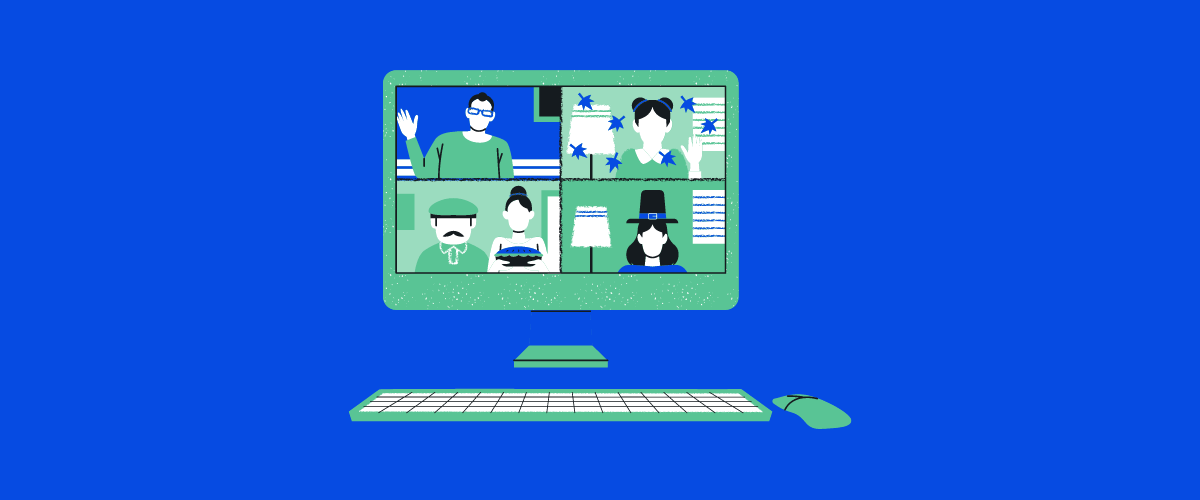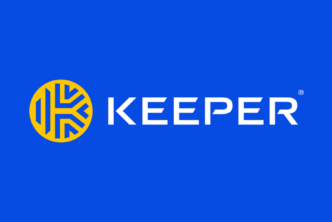Earlier we’ve published a guide “Interview Questions Every CTO Has To Ask When Hiring A Remote Software Engineer in 2022”. We also shared an interview cheat-sheet that helps interviewers to ask the right questions for a soft-skills assessment. And now, with the help of Pathrise, we want to refer to the opposite side of the hiring process — programmers and tech leaders that are seeking the job, and give some working tips on passing virtual interviews.
Interviewing is your chance to show your passion for the position, knowledge about the company, and technical skills. Therefore, you need to make sure you are ready to put your best foot forward and knock the interviews out of the park.
When you apply for CTO and other high-level software engineering positions, you will see a few different types of interviews, including technical, behavioral, and cross-functional. And now, with the COVID-19 pandemic, almost all companies have moved to remote interviews, which are similar but can come with some problematic additions. At Pathrise, we work with job-seekers every day as they prepare for their interviews, and fellows in our program regularly double their interview scores with our help. So, we wanted to include some of our best virtual interview tips to help you succeed in your sessions, too.
Table of Contents
Interview prep
Company research should be your first step as you prepare for all of your interviews. You want to make sure that you have a good sense of the organization as a whole, including their mission, values, goals, and history. You can find the information on the company’s website. Specifically, take a look at their About, Culture, and Jobs/Careers pages. In addition, when you prepare for technical CTO and software engineering interviews, knowledge of the company’s products is extremely important. You will most likely be asked to answer questions relating to their products, including what you would change, how you would improve them, and similar technically-based questions. You can find this information on their Products page(s).
Our recommendation would be to come in ready with some ideas about the technical side of their products. You want to be proactive and prepared to talk about their products as if you are already the CTO at the organization. When you do research and come into the interview with your own ideas for the products, interviewers will know that you are serious, passionate, and ready to hit the ground running.
During this time, you should also make sure that your skills match what the company expects. Spend time reviewing the points listed on the job description and try to match each one with your own experience. This is a good way to prepare for your interviews because you can expect that they will ask you about these skills and tasks. In general, if you are applying for CTO positions, you should have mastery of the following skills:
- Communication: CTOs need to be able to communicate complex ideas to technical and non-technical team members. They are also leaders and need to be effective communicators with stakeholders as well as all employees at the organization.
- Programming and technical knowledge: If you are applying for CTO and other high-level engineering roles, you need to be a strong programmer. You need to be able to understand the technical side of the organization and manage engineers.
- Organization: All C-level and high-level roles require a lot of organization and multitasking. Be ready to share how you prioritize tasks, what systems you used to stay organized, and your experience managing a variety of people and tasks at the same time.
- Strategic thinking: Successful CTOs need to be able to see the big picture as well as the small details that make it up. As a high-level team member, you are going to be making important decisions. Be able to share the data you use to make decisions as well as your process overall for thinking about company strategies.
Behavioral interviews
Once you have done your research on the company, you can begin to practice for your behavioral interviews. These sessions can be cross-functional, which means you are meeting with someone on a different team, or they can be within your group. In general, behavioral interviews help the organization get a feel for how you handle yourself in different situations and how well you fit in with the company culture.
Companies often ask similar questions, so you should prepare responses, or at least frameworks, to those common behavioral interview questions. When preparing your answer, remember to be succinct and avoid rambling. Rather than continue talking for too long, curb yourself by offering to go into more detail. For example, you can see our guide on how to answer “What is your greatest weakness?”
Technical interviews
Just like behavioral interviews, technical interview success comes with practice. You should spend time practicing the types of questions you will be asked so that you know the right frameworks if that same type of question comes up in your interview. We recommend looking online for interview questions to practice. We have a list of 93 software engineer interview questions from top tech companies that you can review to kick off your preparation.
When you do technical interviews onsite, you usually use a whiteboard to solve a coding problem. But, companies have had to reconsider how to give technical interviews virtually. Now, most companies rely on online code editors and “virtual whiteboards” for these sessions. This is helpful for you because now you can mimic the actual interview environment more closely in your practice sessions. When the recruiter emails you to give you the upcoming technical interview information, they will likely mention what system they will use. If they don’t, feel free to ask! That way, you can get used to the platform and make sure you are comfortable for the session.
More virtual interview tips
After you have practiced for your behavioral and technical interviews, don’t forget to prepare an interview environment. You don’t want to scramble right before the call, so plan ahead and get everything ready before the session.
Ensure that you are somewhere quiet, where you have good reception/WiFi and a nice or plain background for the video. Plug your laptop in so that you do not need to worry about running out of power. If you live with a significant other, family, or roommates, you might want to let them know when you will be in your interview, so they know to be quiet and not interrupt you.
It is often helpful to have a notebook handy to write down questions as you talk to the interviewers. We recommend an actual notebook rather than a notes app on your phone or computer because you don’t want the interviewer to think you are looking up how to respond to a question. In addition, typing might be loud in the video call, which can be distracting for you and the interviewer.
Finally, get fully dressed. As fun as it might seem to take an interview in sweatpants and a nice shirt, it is not practical. If you need to stand up in the interview for any reason, you will likely ruin your chance by showing them you did not even care enough to put on a full outfit. It takes an extra 5 minutes to put on a nice pair of pants, but it can make or break your interview results. For more video interview tips, check out our guide.






